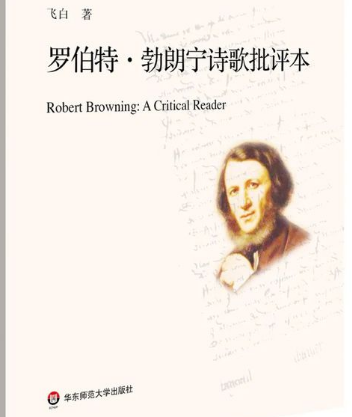In the late Qing Dynasty, Chinese society was undergoing dramatic changes. With the invasion of Western powers and the introduction of modern legal concepts, the traditional criminal law system began to be challenged. Against this background, the execution ground, as a place for executing death sentences, witnessed fierce conflicts between the rule of law and humanity. This article will explore the situation of the execution ground in the late Qing Dynasty and the deeper social issues it reflects.

I. The Criminal Punishment System in the Late Qing Dynasty
The criminal punishment system in the late Qing Dynasty still retained many traditional and cruel punishments, such as Lingchi and decapitation. These punishments were regarded as means to maintain social order and the authority of the emperor at that time. However, with the introduction of modern legal concepts, more and more people began to question the rationality and humanity of these punishments.
II. The Reality of the Execution Ground
On the execution ground in the late Qing Dynasty, it was common for criminals to be publicly executed. These execution grounds were not only the locations for executing death sentences, but also places where crowds gathered. People watched the executions at the execution ground, and sometimes even conflicts arose over grabbing the clothes of the prisoners. This barbaric scene attracted widespread attention and criticism from all sectors of society.
III. The Call and Practice of Reform
With the development of society and the progress of people's concepts, the reform of the traditional criminal punishment system became a requirement of the times. Some enlightened individuals began to advocate the abolition of cruel punishments and the implementation of more humane execution methods. For example, Shen Jiaben, a famous jurist in the late Qing Dynasty, put forward the concept of "punishing with punishment" and advocated using more civilized methods to handle criminal issues. Under his efforts, the Qing government began to attempt to reform the criminal law system and gradually abolished some cruel punishments.
IV. Conclusion
The execution ground in the late Qing Dynasty was a microcosm of the traditional criminal law system, reflecting the complex attitude of the society towards the rule of law and human issues at that time. With the introduction of modern legal concepts and changes in social concepts, the reform of the traditional criminal punishment system became a historical necessity. Although this process was difficult, it ultimately promoted the development of Chinese society towards a more civilized and humanitarian direction.
Conclusion:
The execution ground in the late Qing Dynasty was an important node in the process of China's legal construction. It not only witnessed social changes and the updating of legal concepts, but also reflected the complex relationship between humanity and the rule of law. By reviewing the execution ground during this period, we can gain a deeper understanding of the importance of legal construction and the various social values that need to be continuously balanced in promoting the process of the rule of law.
Disclaimer: The above content is sourced from the internet and the copyright belongs to the original author. If there is any infringement of your original copyright, please inform us and we will delete the relevant content as soon as possible.
































